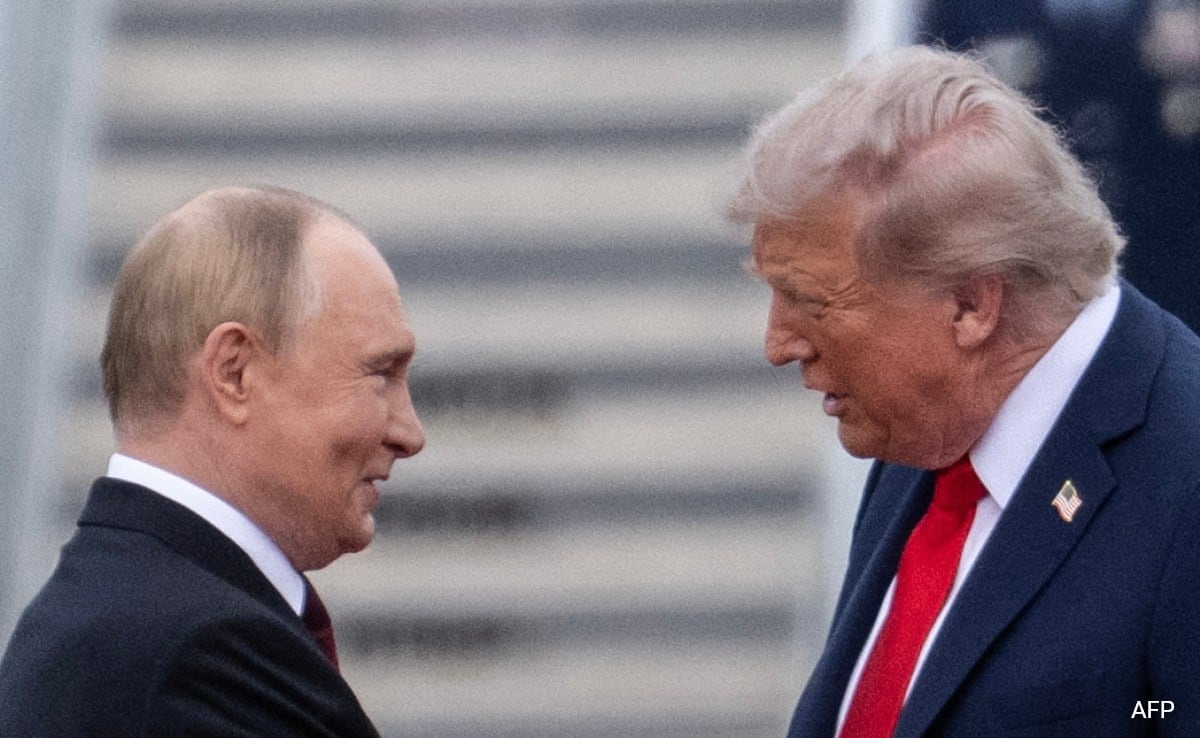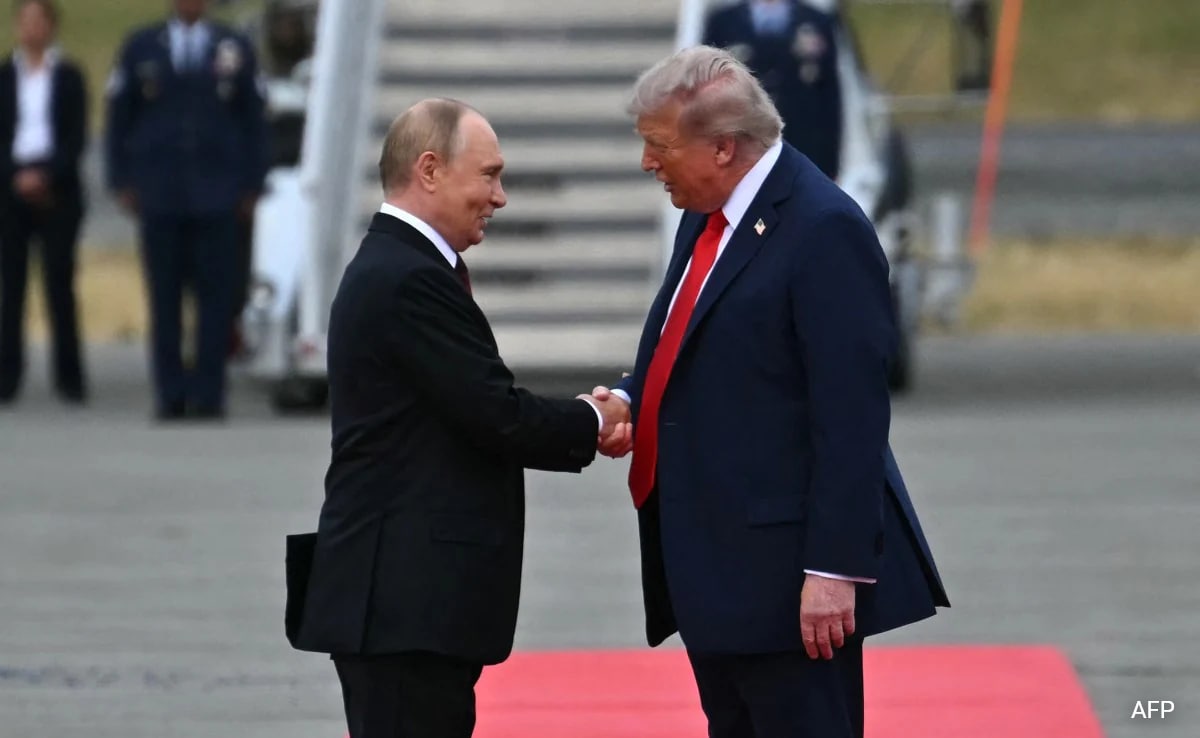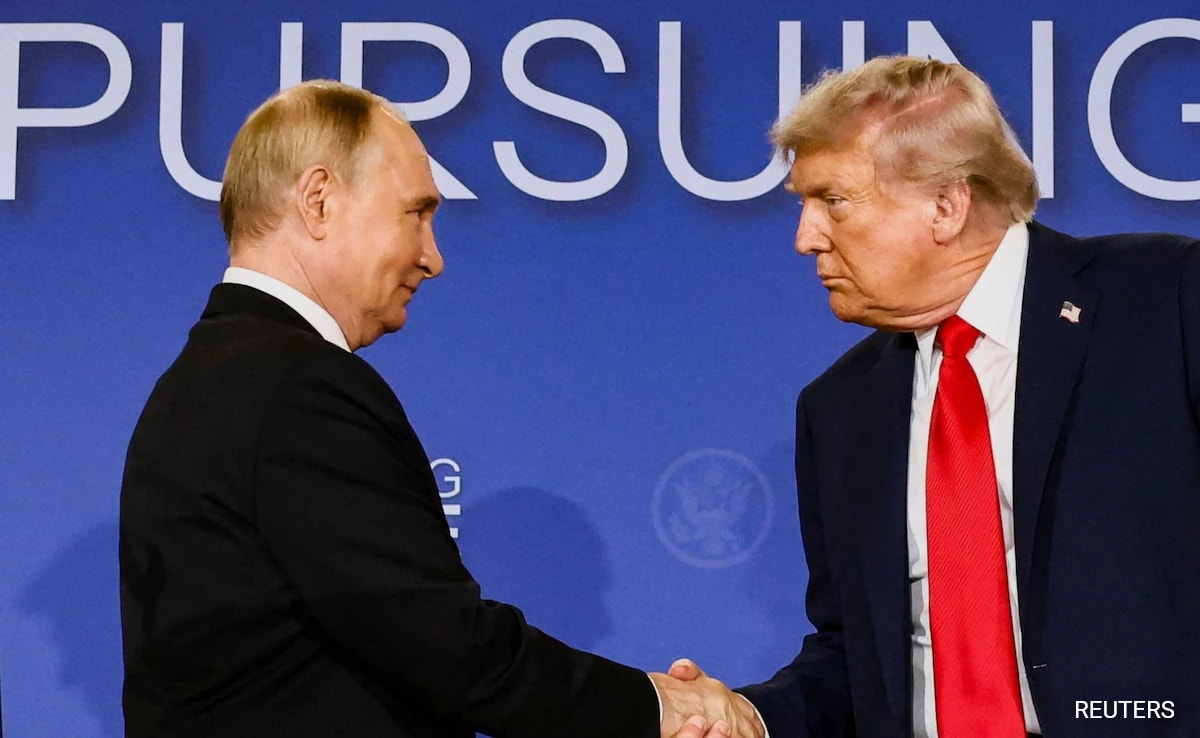The ban technically lives on â albeit with avenues to bypass it. Many chefs just prefer not to look abroad after rediscovering how to go local for their dishes.
"It was a bit shameful because Russia is the biggest country in the world and has a huge number of climatic zones and therefore should have a huge range of products," Ivan said. "Why did we know more about Italian products than our own?"
The unexpected boom in Russian-sourced cuisine from Putinâs boycott received a further boost Thursday with the release of the first Michelin Guide to Moscow restaurants â and the coveted stars that go along with it. An unveiling of the stars was set for later Thursday.
In announcing the dining guide for Moscow, Michelin praised a culinary scene âembodied by talented chefs who are devoted to highlighting the quality of local products such as Vladivostok king crab, Borodinsky bread, halibut from Murmansk, and smetana, the sour cream used in preparing beef stroganoff.â
Restaurateurs, chefs and diners alike have realized that âfresh fish from Russia is better than dorado that was brought to Russia after traveling for a week,â said Ivan, who runs Moscowâs Twins Garden restaurant with his brother.
âThe breaking point happened when the consumer began to understand our own produce is just as tasty as imported things,â he said.
When Putin first introduced the ban, Russian imports of U.S. agricultural products totaled about $1 billion a year. From the European Union, the figure was $15.8 billion in 2013.
Russian state television at the time featured images of tanks running over contraband cheese and Danish pork being thrown into the incinerator. Local dairy farmers started making their own takes on European cheeses. Russian cheesemakers have had more success with soft varieties such as mozzarella and burrata, but itâs still hard to get good aged cheese in Russia, food critic Mikhail Kostin said.
Acquiring forbidden fruit is fairly painless now. Neighboring Belarus is often used as a transit zone for European goods. Travelers also can return from Europe with food products in their suitcase.
But the Berezutskiys, who opened their first restaurant the same year as the food import ban, have designed the Twins Garden concept around ingredients that come from their farm outside of Moscow. The menu offers a tasting course with dishes to represent different Russian regions â from the seafood-rich Far East to the mountainous Altai in Siberia.
Vladimir Mukhin, the chef at Moscowâs White Rabbit restaurant, has also gained acclaim by using lesser-known local ingredients to create elevated Russian cuisine.
âI travel a lot in Russia, and in every region. Iâm in search of traditional dishes and am learning about new foods,â Mukhin said. âAnd then I try to teach our guests about them. Iâm telling the history of our country with the help of cooking.â
Arkadiy Novikov, a restaurateur with more than 50 eateries just in the Moscow region, said the food import ban isnât solely responsible for the rise of cityâs dining scene. He credited a new generation of ambitious chefs and the development of Russian farms, too.
But âof course the sanctions played an important role,â Novikov said.
The Berezutskiys disagree. If Russian ingredients tasted worse, then people would just pay more to get what they want imported through loopholes, they said.
âThere are stereotypes that Russia doesnât have good quality products,â Ivan Berezutskiy said. âMaybe back in the days we did not have that, but today, Moscow has it all.â
.png)











 English (United States) ·
English (United States) ·  Turkish (Turkey) ·
Turkish (Turkey) ·